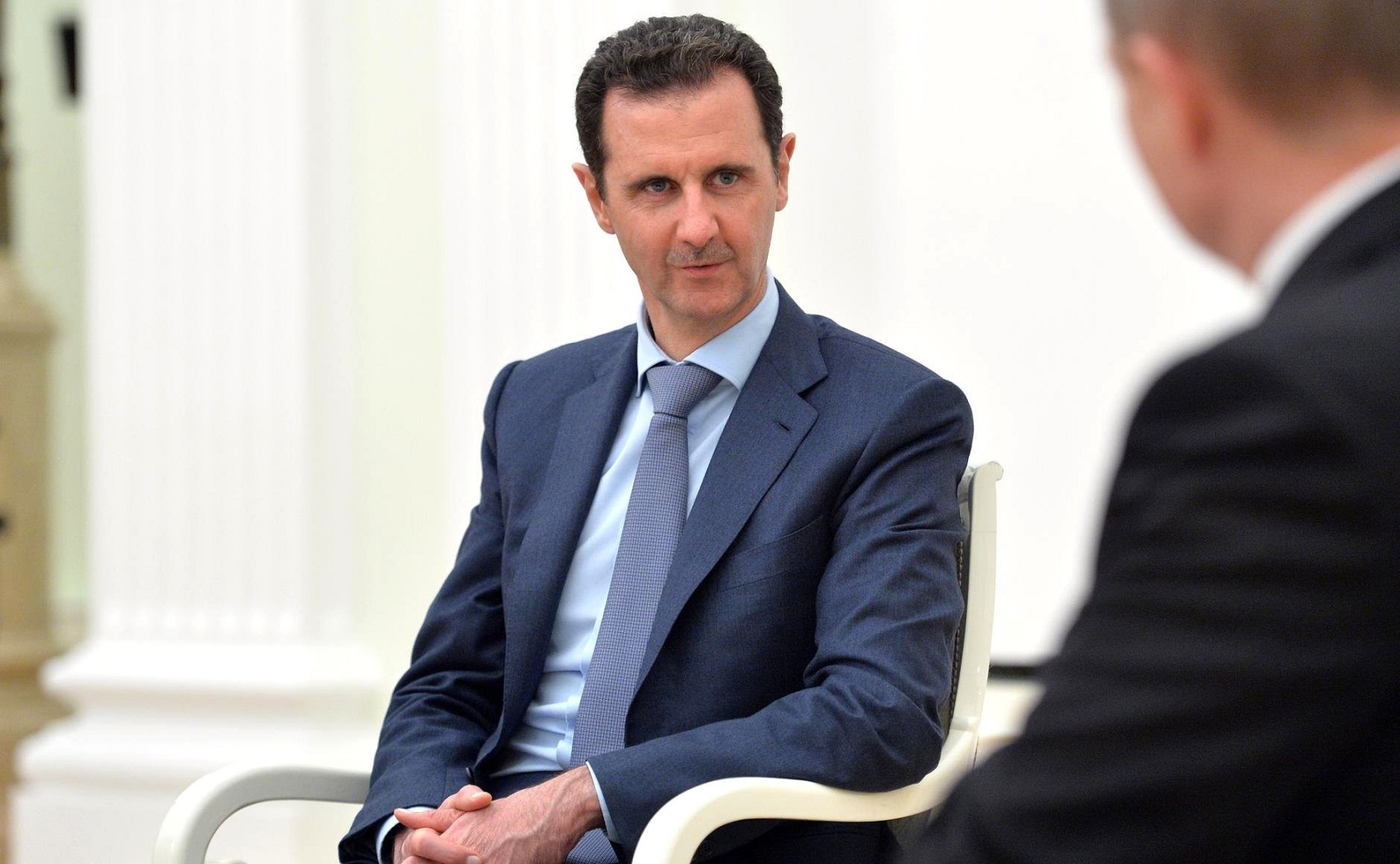Italy
Italy, unique among G7, sends ambassador to Syria and resumes diplomatic relations

Italy is taking a diplomatic initiative with which it is breaking away from other G7 AP countries and paving the way for possible future negotiations.
Rome has decided to appoint an ambassador to Syria “to turn the spotlight” on the country, its foreign minister said Friday, becoming the first G7 nation to relaunch its diplomatic mission in Damascus since the civil war consumed the nation.
Italy recalled all staff from its embassy in Damascus in 2012 and suspended diplomatic activity in Syria to protest the “unacceptable violence” of Bashar al-Assad’s government against its own citizens.
Assad controls most of Syria after Iran and Russia helped him defeat rebel groups that turned against him 13 years ago, sparking a war that has killed hundreds of thousands of people and caused millions of refugees to flee to Europe.
Stefano Ravagnan, currently the Foreign Ministry’s special envoy for Syria, has been appointed ambassador. Foreign Minister Antonio Tajani told Reuters he would take up the post shortly.
Last week, Italy and seven other EU states sent a letter to the bloc’s foreign policy chief, Josep Borrell, asking the European Union to play a more active role in the country.
“Syrians continue to leave in large numbers, putting further pressure on neighboring countries at a time when tensions in the area are high, with the risk of new waves of refugees,” reads the letter viewed by Reuters.
In addition to Italy, the letter was signed by Austria, Cyprus, the Czech Republic, Greece, Croatia, Slovenia, and Slovakia. It laments the country’s “humanitarian situation,” which has “further deteriorated,” while its economy is “in tatters.”
The attack, in the village of Majdal Shams, killed about a dozen people, including children.
“Borrell has instructed the European External Action Service to study what can be done,” Tajani said Friday, adding that the appointment of a new ambassador is “in line with the letter we sent to Borrell… to turn the spotlight on Syria.”
Six EU embassies are currently open in Damascus: Romania, Bulgaria, Greece, Cyprus, the Czech Republic, and Hungary. None of Italy’s partners in the Group of Seven—the United States, Japan, Britain, Canada, France, and Germany—have reinstated ambassadors in Syria.
The opening of bilateral diplomatic relations also paves the way for Italy’s role in the Middle East peace process. Assad appears solidly in power, absolutely unthreatened by the few remaining rebels. Restoring diplomatic relations may make it possible to mediate with Israel and avoid a widening of the conflict. Moreover, Assad can also act as a mediator vis-à-vis Russia.






